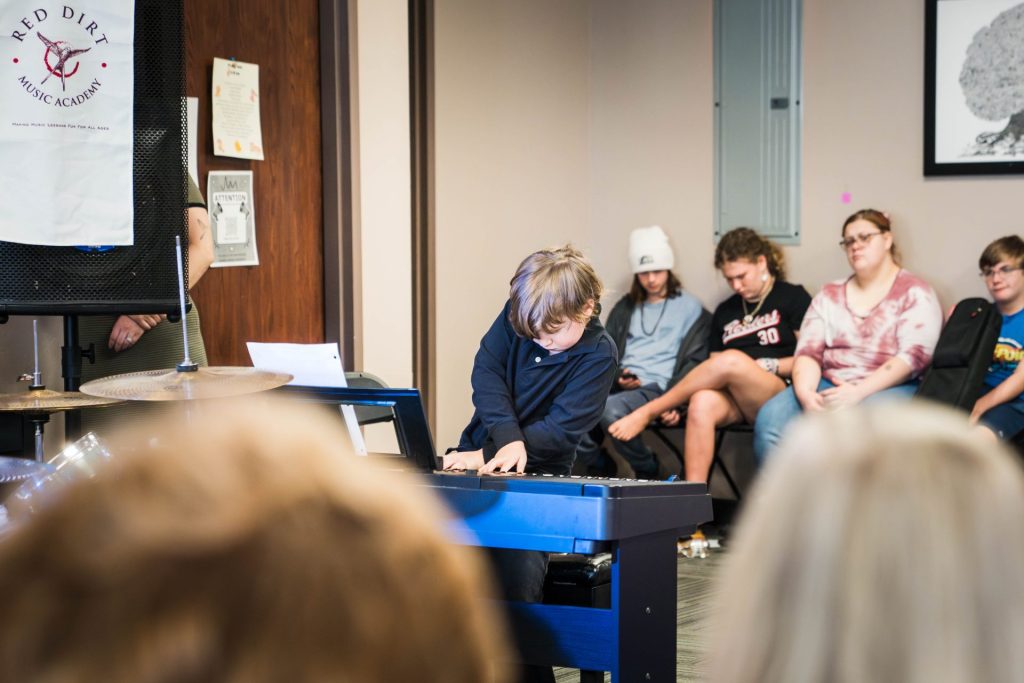25 Aug 5 Simple Tips to Improve Your Guitar or Piano Practice at Home

5 Simple Tips to Improve Your Guitar or Piano Practice at Home
Practicing an instrument at home can sometimes feel like a challenge. Whether you’re a beginner struggling to stay consistent or an intermediate player trying to level up, small changes to your practice routine can make a big difference. Here are five simple tips to help you get the most out of your guitar or piano practice at home.
- Set a Specific Practice Time
Consistency is key when learning an instrument. Try setting aside a specific time each day for practice—even if it’s just 15–30 minutes. By making practice a regular part of your schedule, it becomes easier to stay committed and make steady progress. Short, focused sessions are often more effective than long, unfocused ones.
- Break Songs into Sections
Instead of tackling an entire song all at once, break it into smaller sections. Practice each section slowly and repeatedly until it feels comfortable. For guitar players, this might mean isolating a tricky chord change, and for piano players, focusing on a challenging measure or hand combination. This approach prevents frustration and helps you master songs more efficiently. For more detailed beginner guidance, check out our posts on beginner guitar tips
and piano practice strategies
.
- Use a Metronome
Timing is just as important as technique. Practicing with a metronome ensures that you stay in rhythm and helps develop your sense of timing. There are many free metronome apps
available for both smartphones and computers, making it easy to practice along with a steady beat.
- Record Yourself
Recording your practice sessions is a simple but powerful tool for improvement. Listening back allows you to catch mistakes you might miss while playing, and it gives you a clear picture of your progress over time. Even a quick phone recording can make a big difference in how you approach your practice. For tips on recording effectively, check out this guide on how to record your practice sessions
.
- Stay Inspired
Keeping your practice sessions enjoyable is important. Listen to your favorite songs, set small goals, or participate in online music challenges. Staying inspired helps you maintain motivation and keeps your practice sessions productive. You can also explore effective music practice strategies
from experts at Berklee College of Music for more ideas.
Start Improving Today
By applying these five tips, you can make your guitar or piano practice more effective, enjoyable, and rewarding.
Ready to take your skills to the next level? Book a trial lesson at Red Dirt Music Academy
today and get personalized guidance from our expert teachers.

Sorry, the comment form is closed at this time.